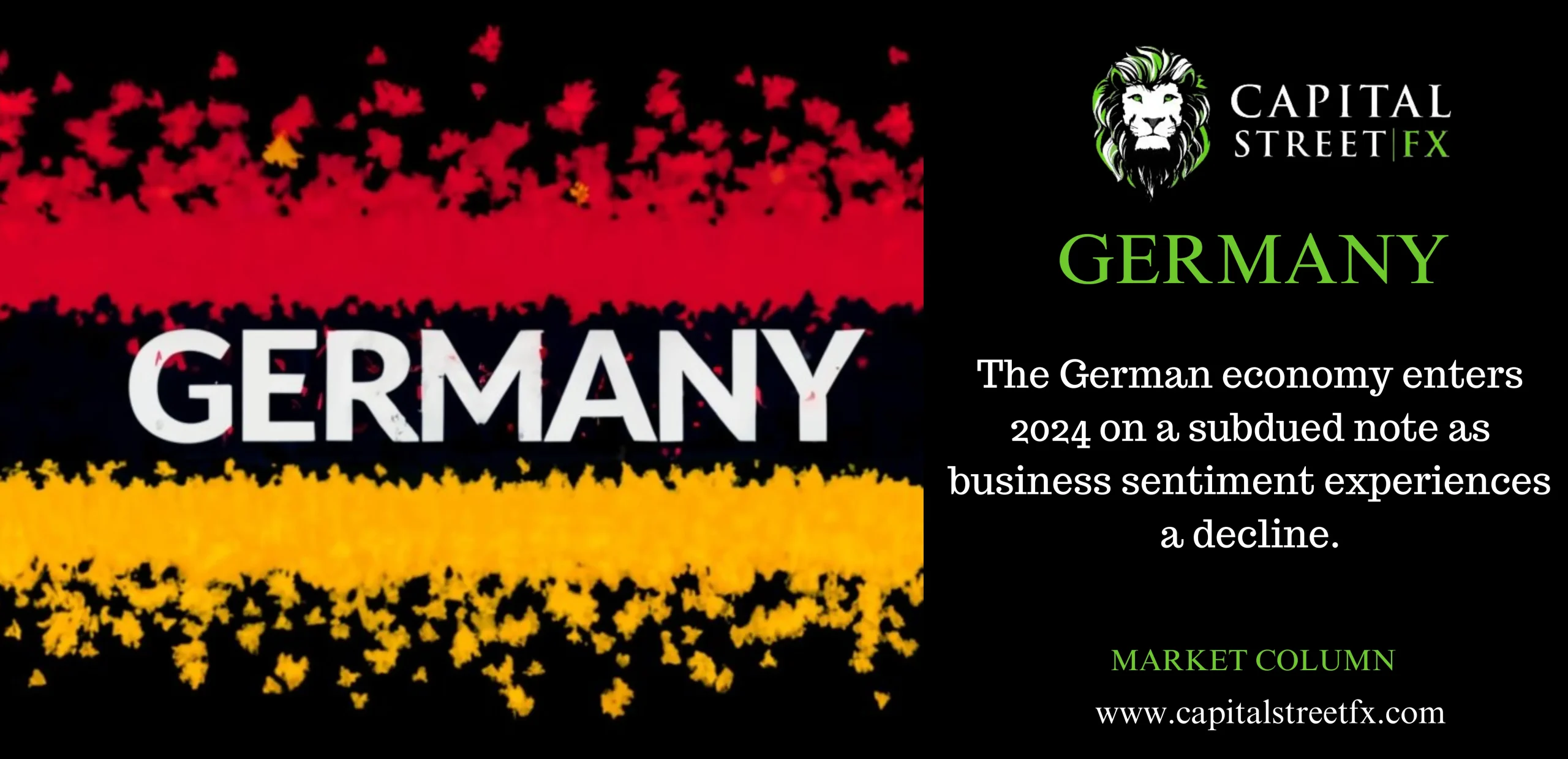The German economy enters 2024 on a subdued note as business sentiment experiences a decline.
Unexpectedly, German business morale deteriorated in January, marking a second consecutive monthly decline. Europe’s largest economy grapples with ongoing recessionary challenges, and fleeting optimism gives way to concerns about another year of subdued economic performance.
The Ifo Institute reported a decrease in its business climate index to 85.2 from a marginally revised reading of 86.3 in December. Contrary to expectations, analysts surveyed by Reuters had anticipated an improvement in the indicator for January, projecting a value of 86.7.
Ifo President Clemens Fuest remarked, “The German economy is stuck in recession,” emphasizing the ongoing challenges faced by the country’s economic landscape.
Germany’s gross domestic product (GDP) contracted by 0.3% in 2023, reflecting a period of economic decline for the country.
ING economist Carsten Brzeski noted, “The tentative revival of optimism last autumn has turned out to be very short-lived,” and forecasted another mild recession for this year with a contraction of -0.3%.
Germany faced challenges in the previous year, including persistently high inflation, elevated energy prices, and subdued foreign demand. The situation was exacerbated by a budget crisis, leading to significant subsidy cuts and causing disruptions within the nation’s fractious coalition government.
Trade disruptions stemming from Houthi attacks on shipping in the Red Sea are causing fresh concerns for Germany’s export industry. The closely monitored composite Purchasing Managers’ Index (PMI) fell for a seventh consecutive month in January, signaling ongoing challenges for the German economy.
Despite the challenges posed by the Red Sea attacks, Ifo’s head of surveys informed Reuters that supply chains have maintained resilience, indicating a degree of stability amid external disruptions.

